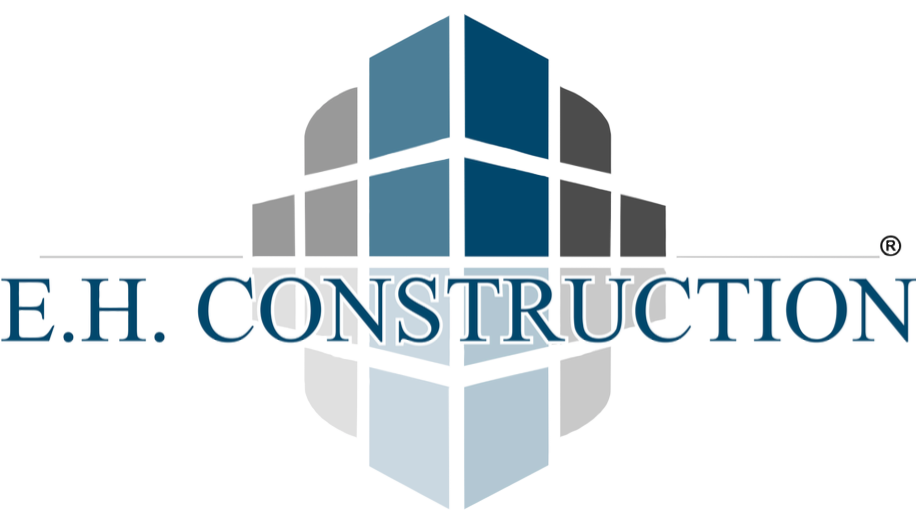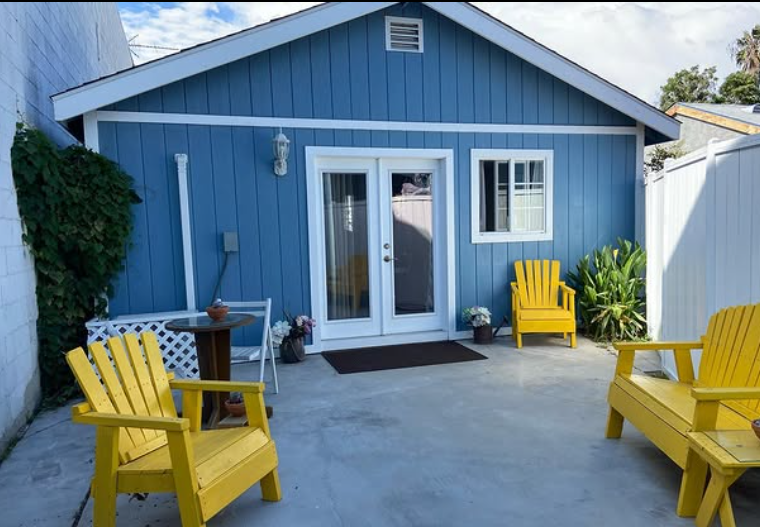Zoning Laws for Home Additions in LA: What Homeowners Need to Know
Dreaming of expanding your home? Maybe you’re picturing a sleek new construction project, a fresh floor plan, or even a full-blown custom home builders experience. But before you break out the backhoe and call up your favorite contractor, there’s one big thing standing in the way—zoning laws.
If you're in Los Angeles and thinking about a home addition, you’ll want to be on good terms with these legalities before you pour that first batch of ready mix concrete. Let’s break it all down in a way that’s more fun than reading city code (which, let’s be honest, is about as exciting as watching paint dry).
Zoning Laws 101: Why They Matter
In the world of building construction, zoning laws dictate what can be built, how high, how big, and even what materials you can use. So, whether you’re adding a second story, expanding your kitchen, or building a detached ADU, zoning rules are the gatekeepers to making your dream a reality.
What Homeowners Need to Consider Before Building
Check Your Zone! 🏡
LA is a maze of different zoning classifications, from R1 (single-family homes) to R3 (multi-family) and beyond. Knowing your zoning designation can save you from expensive change orders down the line.
Setback Requirements 📏
Setbacks define how close your construction site can get to property lines. If you dream of a massive home expansion, your contractor might have to rethink the footer (footing) and foundation placement to comply.
Height Restrictions & Floor Area Ratios 📊
Want that dreamy second story? Not so fast! Zoning laws regulate how high you can build and the total square footage allowed. A well-planned BIM (building information modeling) or CAD (computer-aided design) plan can help here.
Soil Conditions Matter 🌎
If you’re dealing with expansive soils, poor grade, or even the need for damp proofing, your general contractor will need to consider reinforcement methods before breaking ground.
Parking Requirements 🚗
LA is notorious for parking rules. If your home addition increases occupancy, you might need to account for additional parking spaces in your design.
Historic & Environmental Restrictions 🏛️
If your home is in a historic district or near protected land, your home builders might need extra approvals. Green building codes and environmental impact reports could also come into play.
Permits: Because You Can’t Just Start Digging
Once you know your zoning, it’s time to get permits. The City of LA requires approval before you lay a single framing stud. The permitting process can include:
Submitting blueprints and site plans
Structural engineering reviews for glulam (glued laminated beam) and girder truss designs
Inspections to ensure fire-resistive (fire-rated) materials are used where required
This is where working with a knowledgeable construction company or general contractor can save you time (and headaches).
Costs & Timeline: What to Expect
Adding onto your home isn’t just about materials—it’s about budgeting smart. From the bid to the cost codes, every step of the project has a price tag attached. The cost to build a house (or at least an addition) depends on:
Materials (fascia, felt (underlayment), flashing, etc.)
Labor (construction worker wages and specialty trades)
Permits and city fees
Unforeseen delays (hello, change order)
If you’re in a rush, keep in mind that permitting alone can take weeks, and that’s before your first batch of floating concrete is even poured.
Pro Tips for a Smooth Project
✔️ Hire a Reputable Contractor – Look for a licensed general contractor who understands local zoning laws and can help you navigate the process.
✔️ Use Technology – BIM (building information modeling) and CAD tools can streamline designs and reduce mistakes before construction even begins.
✔️ Plan for Inspections – Expect multiple city inspections during the foundation, framing, and finishing phases. A good daily report can help keep track of progress.
✔️ Go Energy-Efficient – Consider passive house principles and forced air heating/cooling upgrades while you’re at it!
The Bottom Line: Is It Worth It?
Absolutely! With the right planning, your home addition can add value and function to your property. But tackling LA’s zoning laws alone? Not so much. Whether you're working with L&T construction, flatwork experts, or seasoned custom home builders, having the right team makes all the difference.
So, before you grab your bid sheets and get lost in cost-plus contract details, make sure you're zoning-savvy. Because in LA, knowing the rules means getting to enjoy that new home addition sooner rather than later!
Need expert help? E.H. Construction, LLC. is here to make your home expansion dreams come true—without the zoning nightmares!

